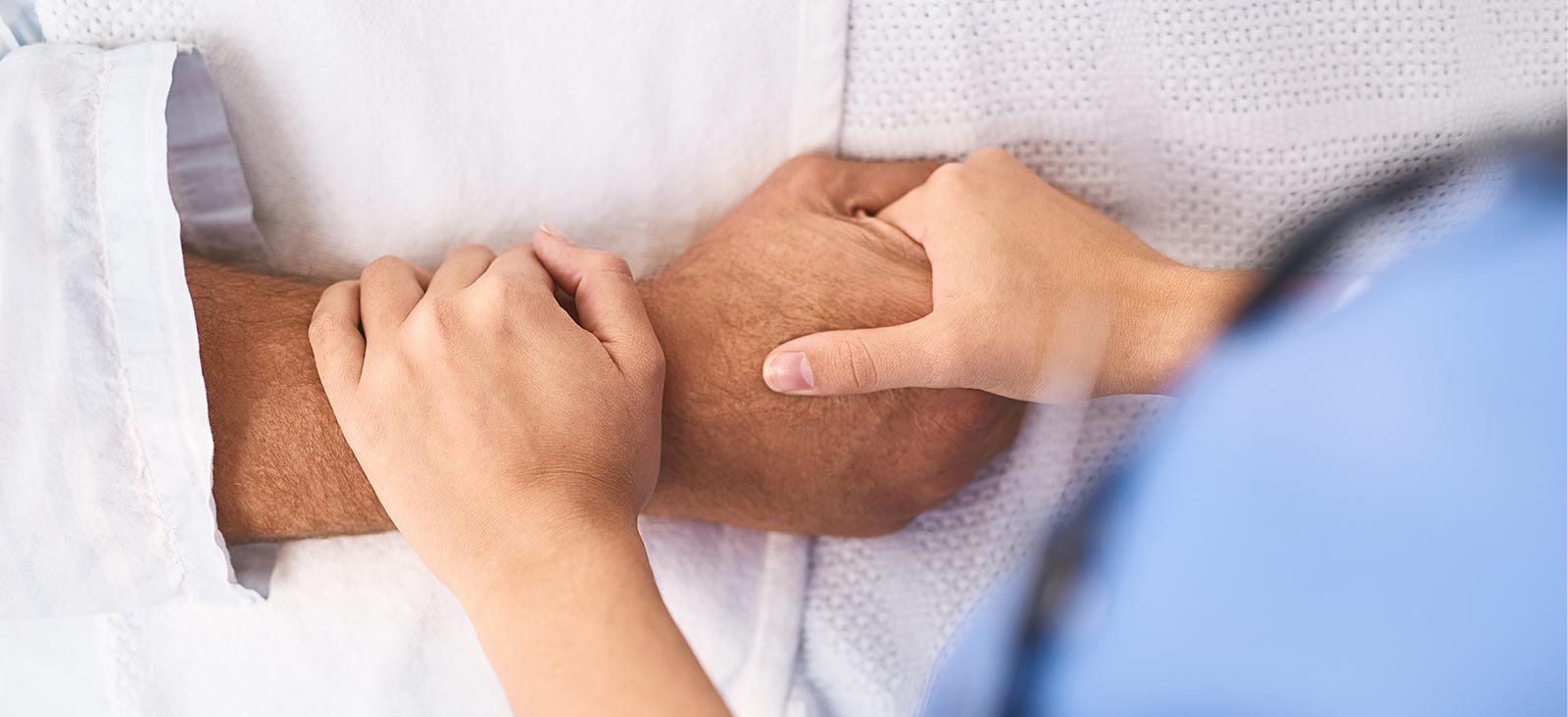It is important to recognize that a transplant is more than a single surgical event. A successful transplant is a group effort that requires a lifetime commitment by the patient to adhere to a healthy lifestyle and receive ongoing medical care.
For the rest of their lives, patients will need to:
- Take anti-rejection medications
- Have frequent medical checkups
- Exercise regularly
- Eat a healthy diet
- Forego smoking, alcohol, and street drugs
The recovery period continues after leaving the hospital, and the transplant team will follow the patient’s progress closely throughout recovery. Patients traveling to Dallas from a significant distance should plan to stay near the hospital for two weeks after discharge. Our team can help provide information regarding discounted housing options for patients and their families. A family member or friend should stay with the patient because he or she might not be strong enough to stay alone and might need help with certain activities.
Patients will have some routine restrictions on daily activities for the first six to eight weeks. They’ll need to be monitored on a long-term basis and must agree to be available for exams, lab tests, and scans of the abdomen to see how the transplanted liver is doing. The transplant team will also see patients regularly for three to six months post-transplant, and the patient will be followed in the transplant clinic for life.

